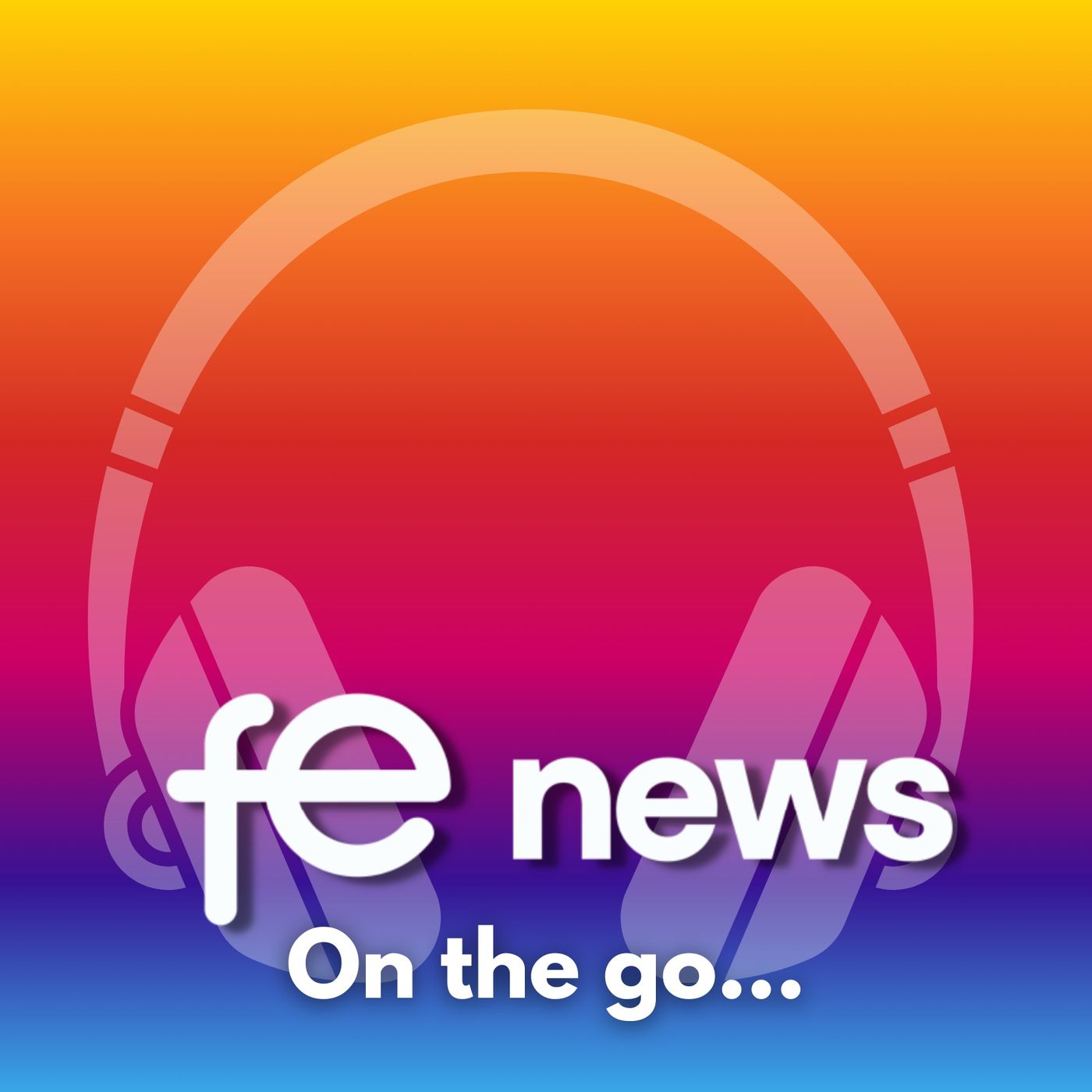Listen "Unpicking the thread of digital badges in assessment"
Episode Synopsis
In this article, Peter Twining, Heather Sharp and James Goulding of the University of Newcastle (Australia) discuss the benefits of integrating digital badges into higher education assessment after reflecting on their findings from a recent pilot study, which was funded by educational charity NCFE’s Assessment Innovation Fund. The impact of assessment, as an important record of student learning, cannot be understated.Assessment can be an emotional experience for educators and learners alike, with students sometimes perceiving results as a personal reflection of themselves.To encourage deep learning, students need to be provided with opportunities to demonstrate learning outcomes; assessment tasks, criteria, and feedback need to be aligned.NEW TECHNOLOGIES, INNOVATION AND ASSESSMENTJust as assessment is important, innovations in education are continuing to increase with the release of new technologies. Some, such as ChatGPT, are causing anxiety amongst educators who are concerned with ensuring students submit authentic work.Other forms of technology, such as online marking rubrics and learning management systems that collect and collate student assignment submissions are also topics of concern and interest for students and educators.Originality reports provided by text-matching software program Turnitin, which garnered much alarm about privacy and collection and storage of student data, seem quite pedestrian now in relation to the panic caused in some corners of the field of education—whether in schools, universities, or vocational based institutions.Alongside the new technologies, students have changed expectations of how they learn, with increasing demands for assessment to be online, able to be completed at the student’s individual timeframe, and for assessment to be shorter and sharper with corresponding feedback and marks provided in a timely manner.DIGITAL BADGES IN INITIAL TEACHER EDUCATIONThe digital badges project, funded by the educational charity NCFE’s Assessment Innovation Fund, afforded an opportunity for researchers at the University of Newcastle to trial awarding micro-credentials to students.These were based on assessment rubrics where the criteria linked directly to the professional standards that all graduating initial teacher education students are expected to meet on graduating from their four year Bachelor’s degree or two year Master’s degree.We wanted to explore the impacts (positive and negative) of replacing marks with digital badges on courses within a first-year course in the Bachelor of Education.Awarding digital badges was designed to encourage students to focus on their written feedback—the qualitative aspect of their assessment output – rather than simply look at their raw mark and move on to the next assessment task. To avoid a type of ‘set and forget’ approach to student assessment outcomes.The project enabled us to combine effective assessment practices (linked to professional standards) with digital communication in the form of digital badges.PROJECT DESIGNSelecting a large (850+ students) first-year course to undertake this experimental project was deliberate.This is the first year of university study for the students, they have no prior experience learning at university (in the main), and, although they may have preconceptions about what university work will entail, this is not based on the experience of having completed course work. Therefore, we expected less resistance to trialling a new way of communicating assessment results.Our project design encouraged deep learning in students via the connection of digital badges to the assessment rubric (criteria sheet) which was linked directly to the Australian Professional Standards for Teaching. Research participants (tutors and students) participated in a survey and optional interview.KEY FINDINGSResults from the pilot showed that, for students:- Digital badges led to greater engagement with the rubric and marker feedback.- Using digital...
 ZARZA We are Zarza, the prestigious firm behind major projects in information technology.
ZARZA We are Zarza, the prestigious firm behind major projects in information technology.
